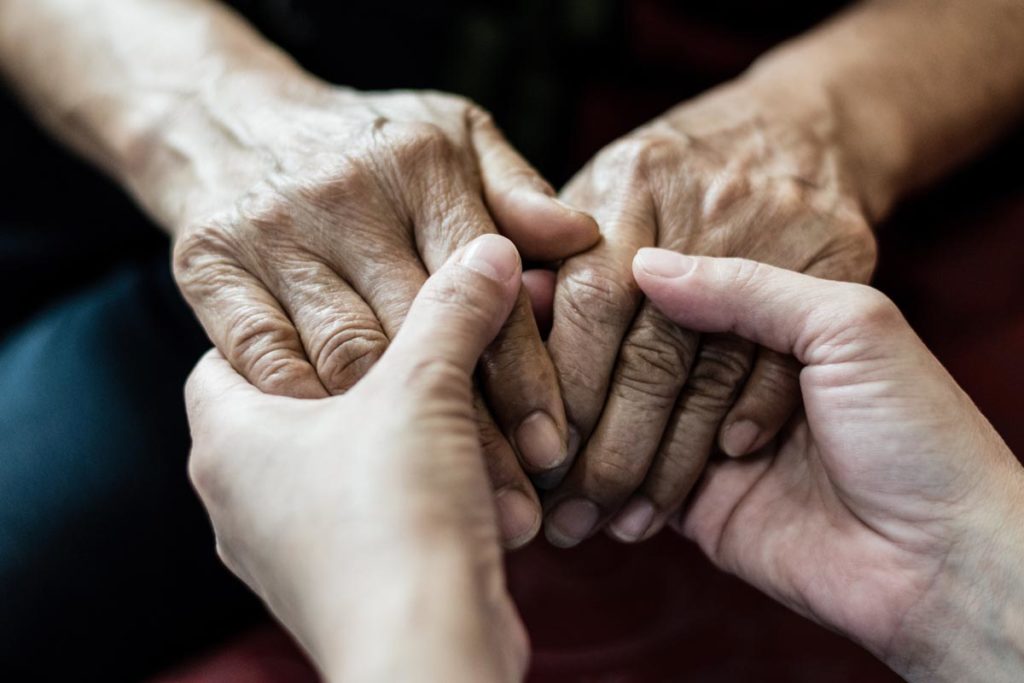Alzheimer’s is a disease that usually affects older adults over the age of 65. It is an incurable brain disorder that leads to memory loss, confusion, personality changes, and the gradual loss of a person’s ability to be independent. While cognitive decline may be minimal at the start, symptoms get more severe as the stages of Alzheimer’s progress. As elderly loved ones require more care, it might be more prudent to look for memory care for seniors in order to provide the amount of support that they need.
Buckner’s senior living communities in Texas offer memory care services for seniors who have Alzheimer’s. Our luxurious facilities offer full-time care to keep elderly loved ones healthy and safe. We offer a wide variety of services to provide our residents with the ability to lead full, vibrant lives at every age. If you are in need of memory care services, contact us at 214.227.7182 to learn how we can help.
What Are the Stages of Alzheimer’s?
Alzheimer’s is a disease that develops slowly and progressively gets worse over a long amount of time. On average, someone diagnosed with the disease can live for three to eleven years but can live for as long as 20 years or more. Alzheimer’s affects the areas in a person’s brain, causing a gradual decline in memory, thinking, judgment, and more.
Alzheimer’s is usually divided into three stages of progression. These stages are:
- Early stage – During the early stage of Alzheimer’s, the person can still live a mostly independent life. They can, however, have noticeable lapses in memory, such as forgetting certain words or where everyday objects are placed. They may begin losing or misplacing important items or begin having difficulty accomplishing tasks.
- Middle stage – The middle stage of Alzheimer’s is typically the longest stage and can last for many years. During this stage, the person with the disease may begin to require a higher level of care since the symptoms become much more pronounced. Damage to nerve cells in the brain can make it difficult to perform routine tasks, causing frustration or anger. However, they can still accomplish daily activities with assistance. Due to their increased tendency to wander or get lost, it is important to emphasize safety and security at this stage of the disease.
- Late stage – In the final stages of Alzheimer’s, cognitive symptoms are severe. They may lose the ability to communicate effectively, and personality changes may become significant. At this stage, the senior with Alzheimer’s would need intensive care and 24/7 assistance in doing everyday personal care. They also become more vulnerable to infections such as pneumonia.
What to Do During the Final Stages of Alzheimer’s?
Having an elderly loved one in the final stages of Alzheimer’s can be difficult for their caregivers. People who have late-stage Alzheimer’s typically display the following symptoms:
- Increased vulnerability to infections
- Lack of awareness of their surroundings and even their own body
- Inability to communicate
- Difficulty swallowing, causing issues with nutrition
- Incontinence
Due to these symptoms, people in the final stage of Alzheimer’s require a large amount of care from others. As much as families would prefer to care for their elderly loved ones, professional care facilities may be better equipped to provide the best quality of life and can greatly ease the stress on caregivers. Finding memory care services that can work with and support the family during this trying time is the best way to approach this stage of the disease.
Buckner Offers Memory Care for Seniors in Texas
Buckner aims to allow their residents to live meaningful lives regardless of cognitive ability. Our memory care program for seniors provides a safe and comfortable environment for residents to enjoy life. If you are looking for memory care for a loved one with Alzheimer’s, contact us at 214.227.7182 to learn more about what we can offer.

